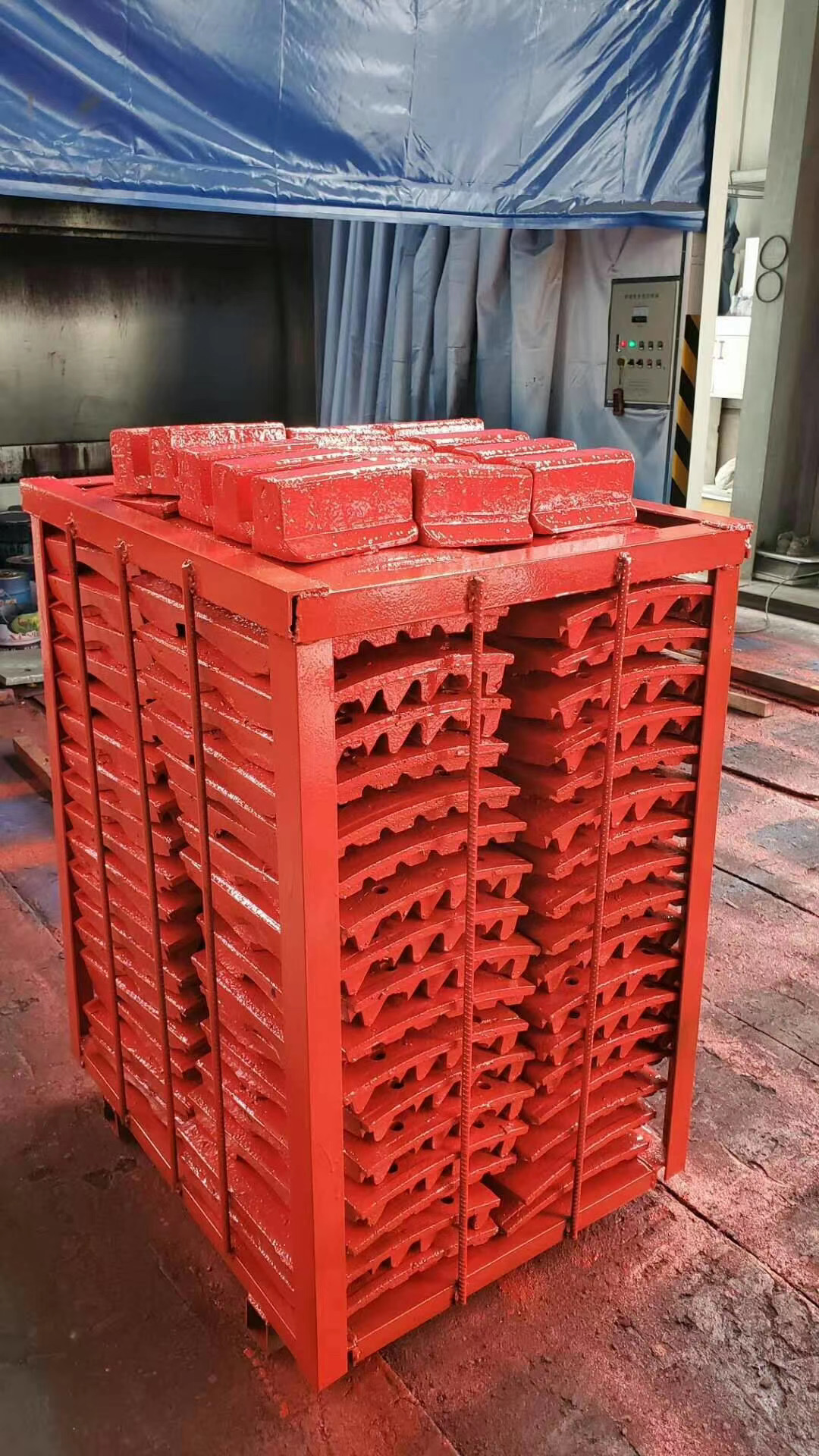




Cast iron plates are a critical component in various industrial applications, known for their durability, heat retention, and versatility. Hebei Mingda International Trading Company specializes in the production of cast iron plates, leveraging over 16 years of experience in the manufacturing of precision castings and machined parts. The company's commitment to quality and innovation ensures that their products meet the highest standards in the industry.

Hebei Mingda's cast iron plates are engineered to deliver exceptional performance in demanding environments. The key features and advantages include:
For more details about their cast iron plates, visit the product page.
| Parameter | Details |
|---|---|
| Material Composition | Iron, carbon, silicon, with trace amounts of manganese, sulfur, and phosphorus. |
| Carbon Content | 2.5% to 4%, exceeding the eutectic temperature threshold. |
| Types of Cast Iron | Gray cast iron, white cast iron, malleable cast iron, and nodular cast iron. |
| Dimensions | 1mm to 300mm, customizable based on client requirements. |
| Surface Finish | High-quality finish achieved through advanced machining techniques. |
| Applications | Valves, hydrants, pumps, trucks, railway components, and more. |
Cast iron is categorized based on the form and morphology of carbon present in the alloy. Each type offers unique properties suitable for specific applications:
Characterized by a high carbon content in the form of cementite. It is primarily used as a raw material for steelmaking and as a blank for producing malleable cast iron.
Contains flake graphite, resulting in a dark gray fracture. It is widely used in engine blocks, machine bases, and other structural components due to its excellent machinability and vibration damping properties.
Produced by annealing white cast iron, this type features flocculent graphite. It offers higher toughness and plasticity compared to gray cast iron, making it suitable for complex shapes and load-bearing applications.
Manufactured through spheroidizing treatment, this type has spherical graphite, providing superior mechanical properties. It is extensively used in automotive and heavy machinery components due to its high strength and wear resistance.
For detailed information on the types of cast iron, explore the product specifications.
Hebei Mingda employs advanced manufacturing techniques to ensure precision and consistency in their cast iron plates. The company utilizes:
The company's commitment to quality is reflected in its rigorous quality control measures, including material testing and dimensional accuracy checks. This ensures that every product meets international standards.
Established with over 16 years of experience, Hebei Mingda International Trading Company is a leading provider of castings, forgings, and machined parts. The company specializes in producing a wide range of products, including:
With a focus on customer satisfaction, Hebei Mingda offers tailored solutions for industries such as automotive, construction, and machinery. Their state-of-the-art facilities and skilled workforce enable them to deliver high-quality products efficiently.
Learn more about Hebei Mingda International Trading Company and their comprehensive range of services.
Cast iron plates are indispensable in various industrial sectors due to their robust properties. Key applications include:
Cast iron is widely used in the production of valve bodies, offering excellent corrosion resistance and durability. Hebei Mingda's expertise in this area ensures reliable performance in water supply and industrial systems.
The company has extensive experience in manufacturing hydrant bodies, providing high-quality castings that meet stringent safety standards.
Cast iron plates are essential in pump components, where their strength and thermal stability are critical for efficient operation.
Hebei Mingda supplies cast iron parts for railway and automotive applications, including truck components and train parts, ensuring longevity and performance.
For more information on industrial applications, visit the product page.
The production of cast iron plates adheres to stringent industry standards to ensure quality and reliability. According to the National Institute of Standards and Technology (NIST), material testing and measurement standards play a crucial role in manufacturing processes. NIST's research in metrology and material science provides guidelines for evaluating the mechanical properties of cast iron, such as tensile strength and hardness [1].
NIST's work in developing standards for industrial materials ensures that manufacturers like Hebei Mingda can produce components that meet global requirements. For further details on NIST's contributions to material science, visit the NIST website.
References: